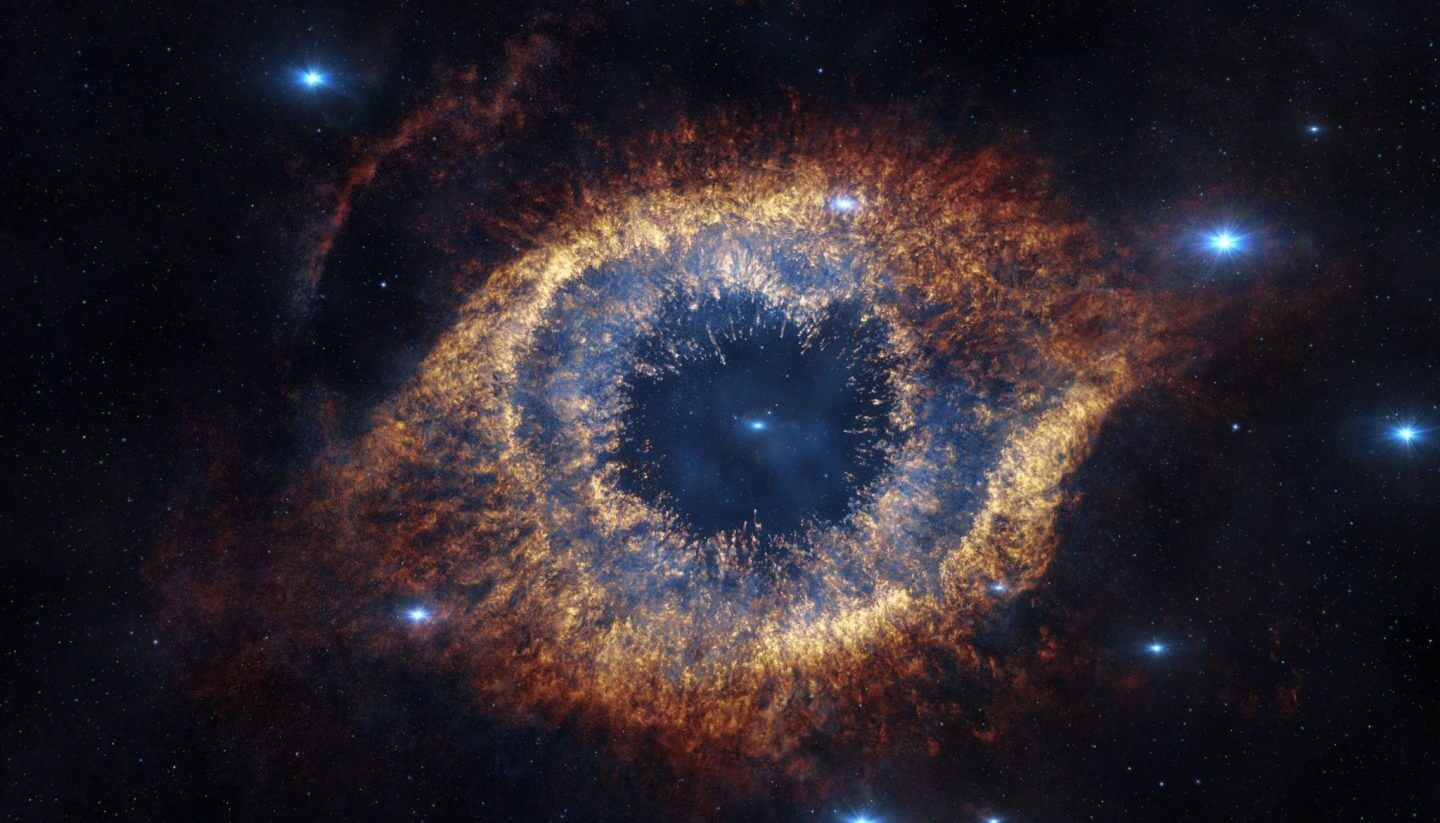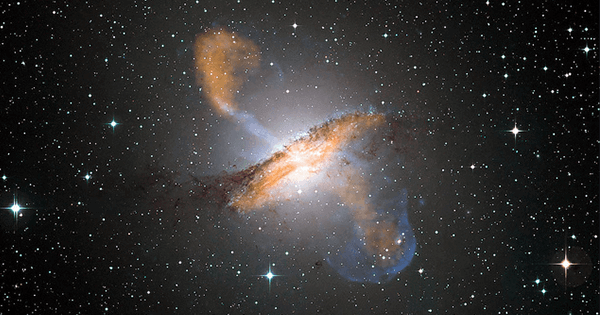Biocentrism Debunked: In 2007, biologist Robert Lanza introduced a revolutionary theory known as Biocentrism. At its core, Biocentrism posits that consciousness is the primary force shaping the universe, with everything else merely arising as a byproduct of it. Furthermore, this theory asserts that the universe is not a physical entity but rather a mental construct molded by our perceptions. While Biocentrism has garnered attention and sparked intriguing debates, it is not without its critics.
This article explores the concept of Biocentrism debunked, challenging the idea that biology, rather than physics, is the fundamental science of the universe. It seeks to provide a comprehensive examination of the arguments against Biocentrism and offer a more conventional perspective on the nature of reality.
The Biocentrism Theory: An Overview
To understand the concept of Biocentrism debunked, we must first delve into the core tenets of Biocentrism itself. According to Robert Lanza, consciousness is the linchpin of existence, and the entire universe is a product of consciousness. Here are the fundamental principles of Biocentrism:

- Consciousness as the Primary Force: Biocentrism asserts that consciousness is the driving force behind the universe. In this view, all physical phenomena, including matter, energy, and the laws of physics, emerge from conscious perception.
- Subjective Reality: The theory challenges the idea of an objective reality existing independently of observers. Instead, it suggests that the universe exists only in the minds of conscious beings and that everything we perceive is subjective.
- Life-Centric Universe: Biocentrism places life and consciousness at the center of its model of the cosmos. According to Lanza, life creates the universe, not the other way around.
Critiques of Biocentrism
While Biocentrism offers a fresh perspective on the nature of reality, it has faced robust criticism from various scientific and philosophical quarters. Let’s explore some of the most prominent critiques that challenge the foundation of Biocentrism:
- Lack of Empirical Evidence: One of the primary criticisms leveled against Biocentrism is its lack of empirical evidence. Traditional scientific theories rely on observable phenomena and rigorous testing to establish their validity. Biocentrism, on the other hand, relies heavily on philosophical arguments and abstract concepts without providing concrete empirical evidence to support its claims.
- Incompatibility with Established Science: Biocentrism contradicts many well-established scientific principles, such as the laws of physics and chemistry. While proponents argue that these laws are secondary to consciousness, critics contend that Biocentrism fails to explain the numerous physical phenomena that have been successfully described and predicted by traditional physics and chemistry.
- Anthropocentrism: Biocentrism’s emphasis on human consciousness and perception has been criticized as overly anthropocentric. Critics argue that this approach neglects the vastness of the cosmos and the potential existence of consciousness beyond the human realm.
- Circular Reasoning: Some detractors assert that Biocentrism employs circular reasoning. In essence, it starts with the assumption that consciousness is the primary force and then uses this assumption to explain the universe’s nature. This circularity raises questions about the theory’s validity and scientific rigor.
- Quantum Mechanics Misinterpretation: Biocentrism often relies on interpretations of quantum mechanics to support its claims, but many physicists argue that these interpretations are misleading. Quantum mechanics, while enigmatic, is a well-established and successful scientific theory that does not necessarily align with Biocentrism’s assertions.
The Primacy of Biology vs. Physics
At the heart of the concept of Biocentrism debunked lies the debate over whether biology or physics serves as the fundamental science of the universe. Proponents of Biocentrism argue that biology, specifically consciousness and life, should take precedence over physics in understanding the cosmos.
- Biocentrism’s Emphasis on Biology: Biocentrism contends that life and consciousness are the primary aspects of existence, with the physical universe emerging as a secondary consequence. This perspective challenges the traditional view of physics as the foundational science that explains the universe’s fundamental principles.
- Physics as a Cornerstone of Understanding: In contrast, the established scientific community regards physics as the cornerstone of our understanding of the universe. The laws of physics govern the behavior of matter, energy, and the fundamental forces that shape the cosmos. Physics has consistently demonstrated its predictive and explanatory power in describing the natural world.
- Interplay of Biology and Physics: While Biocentrism and traditional physics may appear to be in opposition, some argue that there can be a harmonious interplay between biology and physics. This perspective acknowledges the role of consciousness within the framework of the physical universe without negating the validity of fundamental physical laws.
The Role of Consciousness in the Universe
A critical aspect of Biocentrism is its assertion that consciousness plays a central role in shaping the universe. While this concept has garnered significant attention, it has also been met with skepticism and alternative interpretations:
- Consciousness as an Emergent Property: Some scientific views propose that consciousness is an emergent property of complex biological systems, such as the human brain. This perspective aligns with the idea that consciousness arises from physical processes rather than being the primary creative force behind the universe.
- Panpsychism: Panpsychism is a philosophical and scientific viewpoint that suggests consciousness is a fundamental aspect of the universe, akin to space and time. However, it does not necessarily propose that consciousness creates the universe but rather that it is an inherent property of all matter.
- Objective vs. Subjective Reality: The debate over objective vs. subjective reality remains a central point of contention. While Biocentrism argues for a purely subjective reality, traditional scientific views posit an objective reality that exists independently of conscious observers.

The Multiverse Hypothesis
Another topic closely related to Biocentrism is the multiverse hypothesis. Some proponents of Biocentrism argue that the existence of multiple universes supports their claims about the universe being a mental construct. However, this interpretation is also a subject of debate:
- Multiverse as an Alternative Explanation: The multiverse hypothesis, which posits the existence of multiple parallel universes, is often invoked in discussions related to Biocentrism. Some argue that if multiple universes exist, they could potentially be products of different conscious perceptions, aligning with Biocentrism’s ideas.
- Multiverse within Physics: It’s important to note that the multiverse hypothesis is primarily a topic of interest within the field of theoretical physics, and its implications for consciousness and the nature of reality are still highly speculative.
Conclusion
Biocentrism, with its bold assertions about consciousness shaping the universe, has sparked fascination and controversy in equal measure. While it presents a unique perspective on reality, it faces significant challenges in terms of empirical evidence, compatibility with established science, and circular reasoning.
The concept of Biocentrism debunked highlights the ongoing debate over whether biology or physics should be considered the fundamental science of the universe. While Biocentrism champions the primacy of biology and consciousness, traditional science maintains the central role of physics in explaining the cosmos Tuambia | Revolutionizing Communication And Collaboration.
Ultimately, the debate over the nature of the universe and the role of consciousness within it remains an open and evolving field. It is a testament to the enduring human curiosity about the fundamental questions of existence, inviting ongoing exploration and inquiry into the mysteries of the cosmos. Whether one subscribes to Biocentrism or the conventional view of physics as the foundational science, the pursuit of knowledge and understanding continues to shape our ever-evolving understanding of the universe.
(FAQs) – Biocentrism Debunked
- What is Biocentrism, and who introduced it?
Biocentrism is a theory introduced by biologist Robert Lanza in 2007. It posits that consciousness is the primary force behind the universe, with everything else being a byproduct of it. It also suggests that the universe is a mental construct created by our perceptions.
- How does Biocentrism challenge conventional scientific thought?
Biocentrism challenges conventional scientific thought by proposing that consciousness is more fundamental than physics in shaping the universe. It argues that the universe exists only in the minds of conscious beings, and everything we perceive is subjective.
- What are the main criticisms of Biocentrism?
The main criticisms of Biocentrism include its lack of empirical evidence, incompatibility with established science, allegations of circular reasoning, and its anthropocentric nature. Additionally, some argue that it misinterprets quantum mechanics.
- How do proponents of Biocentrism respond to the lack of empirical evidence?
Proponents of Biocentrism argue that the nature of consciousness makes it challenging to obtain direct empirical evidence. They contend that the theory should be evaluated based on its philosophical merits and its ability to provide a coherent framework for understanding the universe.
- Does Biocentrism have any scientific merit?
Biocentrism is a controversial theory with philosophical underpinnings. While it challenges conventional science, it has not gained widespread acceptance within the scientific community due to the lack of empirical evidence and its departure from established scientific principles.
- How does the debate between biology and physics play into the discussion of Biocentrism?
The debate centers on whether biology (consciousness and life) or physics should be considered the fundamental science of the universe. Biocentrism emphasizes the primacy of biology, while traditional science relies on physics as the foundational science.
- Can biology and physics coexist in our understanding of the universe?
Some argue that biology and physics can coexist in our understanding of the universe. They suggest that an integrated approach that incorporates both fields may be necessary to address complex questions about the nature of reality.
- What are some alternative explanations for the role of consciousness in the universe?
Alternative explanations include the view that consciousness is an emergent property of complex biological systems, the philosophical concept of panpsychism, and the ongoing debate over objective vs. subjective reality.
- How does the multiverse hypothesis relate to Biocentrism?
The multiverse hypothesis, which proposes the existence of multiple parallel universes, is sometimes invoked in discussions related to Biocentrism. Some argue that if multiple universes exist, they could be products of different conscious perceptions, aligning with Biocentrism’s ideas.
- Is Biocentrism considered a valid scientific theory?
Biocentrism is not widely considered a valid scientific theory within the mainstream scientific community due to its lack of empirical evidence and its departure from established scientific principles. It remains a topic of philosophical and speculative discussion.

















